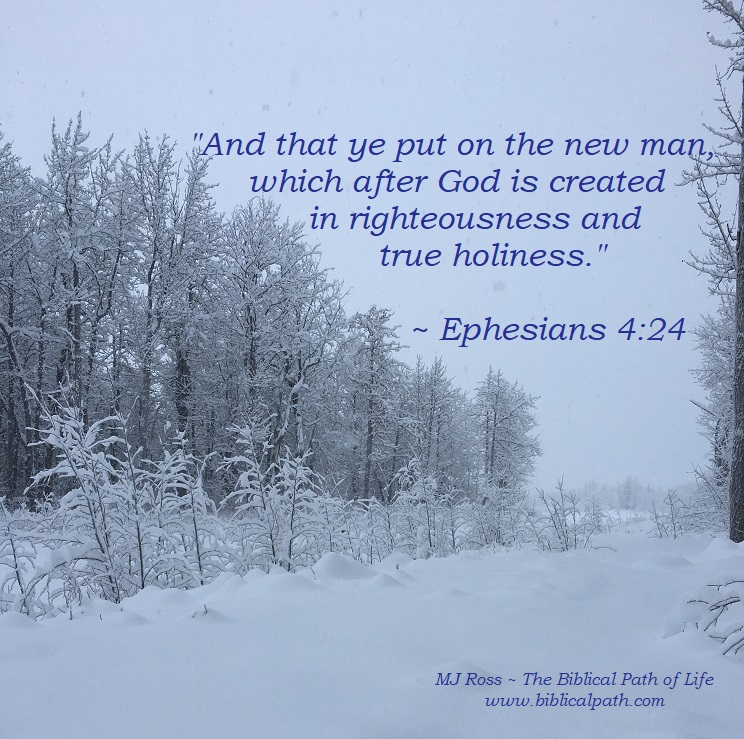
Matthew 22:14
Jesus told many parables. It is important to know that a parable is a “heavenly story with an earthly meaning.” Because our earthly minds cannot understand heaven or the things of God, Jesus often told parables to the people, particularly to help his disciples understand what He was trying to teach them.
One such parable was about a marriage and a wedding feast. “2. The kingdom of heaven is like unto a certain king, which made a marriage for his son, 3. And sent forth his servants to call them that were bidden to the wedding: and they would not come. 4. Again, he sent forth other servants, saying, Tell them which are bidden, Behold, I have prepared my dinner: my oxen and my fatlings are killed, and all things are ready: come unto the marriage. 5. But they made light of it, and went their ways, one to his farm, another to his merchandise: 6. And the remnant took his servants, and entreated them spitefully, and slew them” (Matthew 22:2-6). First, understand that the King is God and His Son is Jesus. The marriage (the wedding) was for the King’s Son, Jesus, to the Christians (all those who belong to Jesus through His Salvation). When salvation through Jesus was offered to the Israelite people, the Israelites overwhelmingly rejected Jesus. This is pictured when those were “bidden to the wedding: and they would not come.” When the King sent other servants, they made light of it a first, but they eventually treated the King’s servants “spitefully, and slew them.” What did the King do? “But when the king heard thereof, he was wroth: and he sent forth his armies, and destroyed those murderers, and burned up their city” (Matthew 22:7).
When they rejected the King’s Son, Jesus, salvation was then made available to the Gentile people. This is pictured when the King spoke again to His servants. “8. Then saith he to his servants, The wedding is ready, but they which were bidden were not worthy. 9. Go ye therefore into the highways, and as many as ye shall find, bid to the marriage” (Matthew 22:8-9). The servants went out to tell any and all to come to the marriage supper with the King’s Son, Jesus. “So those servants went out into the highways, and gathered together all as many as they found, both bad and good: and the wedding was furnished with guests” (Matthew 22:10). Any who received the invitation came.
Read what happens next: “11. And when the king came in to see the guests, he saw there a man which had not on a wedding garment: 12. And he saith unto him, Friend, how camest thou in hither not having a wedding garment? And he was speechless. 13. Then said the king to the servants, Bind him hand and foot, and take him away, and cast him into outer darkness; there shall be weeping and gnashing of teeth. 14. For many are called, but few are chosen” (Matthew 22:14). No one can join the wedding without a wedding garment. Any not clothed with the righteousness given by Jesus will be cast “into outer darkness; there shall be weeping and gnashing of teeth.”
We can understand: “If so be that being clothed we shall not be found naked” (2 Corinthians 5:3). Remember how to be clothed? “I will greatly rejoice in the LORD, my soul shall be joyful in my God; for he hath clothed me with the garments of salvation, he hath covered me with the robe of righteousness, as a bridegroom decketh himself with ornaments, and as a bride adorneth herself with her jewels” (Isaiah 61:10). Salvation by faith in Jesus is the only way to be clothed in righteousness. Read how Peter described himself and others who obtained this righteousness. “Simon Peter, a servant and an apostle of Jesus Christ, to them that have obtained like precious faith with us through the righteousness of God and our Saviour Jesus Christ” (2 Peter 1:1).
We can also remember the picture of Joshua when Satan accused him before the Lord. Jesus (his Advocate) defended Joshua. “3. Now Joshua was clothed with filthy garments, and stood before the angel. 4. And he answered and spake unto those that stood before him, saying, Take away the filthy garments from him. And unto him he said, Behold, I have caused thine iniquity to pass from thee, and I will clothe thee with change of raiment” (Zechariah 3:3-4). Jesus took away Joshua’s iniquity (his sin) and clothed him with the righteousness only found in Jesus Christ.
Will you be found without a wedding garment,
or
Will you be clothed by Christ’s righteousness?

